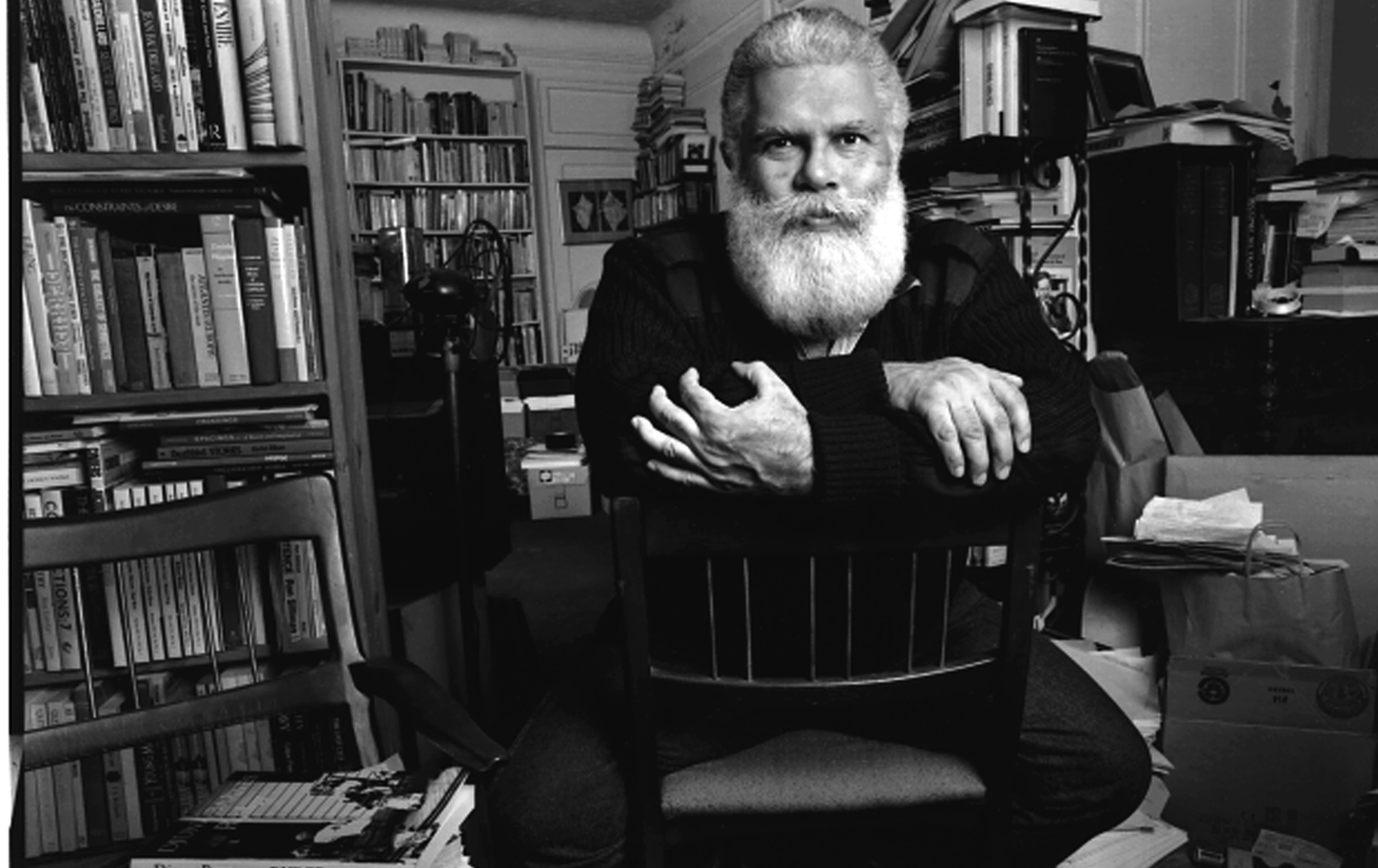The Creative Independent interviews legendary sci-fi author Samuel R. Delany about the rather scattershot education that led him to be the writer he became. Delany also offers his thoughts on the modern-day professionalization of a writer’s career path, which wasn’t the case in his day. Here’s an excerpt:
You’re largely self-taught. How did this influence your approach to writing and thinking? Do you think people are too professionalized these days? People seem to have clearer career paths at earlier ages, and work specifically to achieve those goals. I feel like there’s less wandering about at this point.
When I started teaching full time in 1988, at the University of Massachusetts, I decided to be an amateur teacher and a full-time professional writer. Maybe it was a mistake. But that’s how I got by.
Now that I’m retired, I realize that—for a host of reasons, many financial—I must go back to being a professional writer, of the sort I was before the age of 47, when finances finally drove me to accept a teaching job, if I want to survive. Is this what everyone is doing? I don’t know. You call me self taught…?
Likely I had no more years of schooling than Shakespeare. Famously he had “little Latin and less Greek.” I had one year of Greek and one term of Latin. I also had a year of French in the 7th grade in elementary school—and four totally wasted years of Spanish in high school, that I took because I thought I would do better with it in a world where more and more Puerto Ricans and Spanish speakers were coming into my city—New York—every year. And by the time I did start my single full year of college, I couldn’t do much better than pick my way word-by-word though a simple Spanish newspaper article. (I could still do better than that in French.) And I entered college with advanced placement in math, English, and biology. I started my Greek, Latin, and English to make up for what I thought was a hopelessly squandered education, and every music elective and extracurricular activity I could manage.
Somewhere in that squandered education, I’d also had a superb course in my junior year of high school on set theory, group theory, and mathematical logic at the Bronx High School of Science—followed by a horrendously bad one on “modern” physics that was simply chaos. (It was suppose to be “wave mechanics” for high school students, designed by educators at MIT, and our teacher, who’d taught the set theory course, couldn’t understand it any better than we did.) It almost deflected me from a love of mathematics, calculus, and analytic geometry, which I had studied on my own in the third floor library in my elementary school. It is what allowed me to move on with the anglo-english tradition of philosophy—in such a way that I wasn’t completely disoriented by the advent of the Frankfort School, the Structuralists and Post-structuralists and Semioticians, as well as Russell, Quine, and Wittgenstein as well as Foucault, Derrida, Braudel, Bourdieu, and Benjamin, who, as did most American’s before 1975, if they read them at all, read them on their own.
Image of Samuel R. Delany via The Nation.
